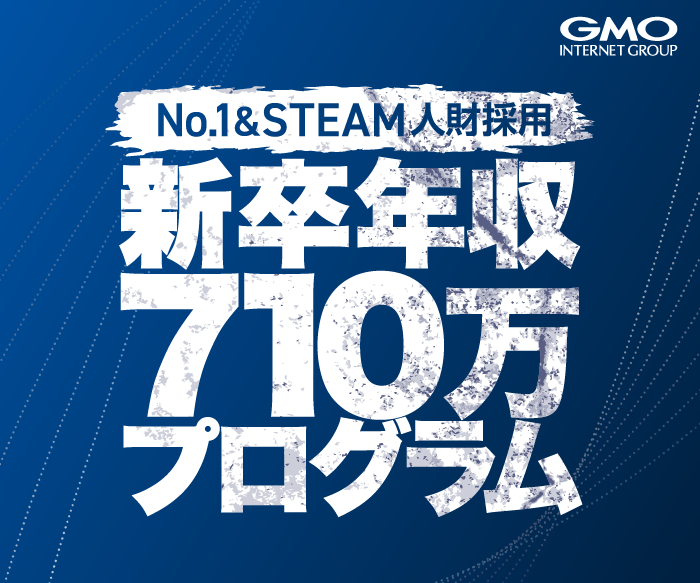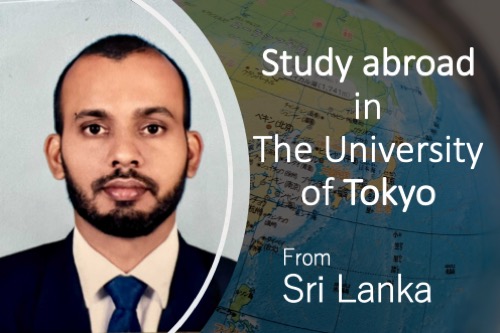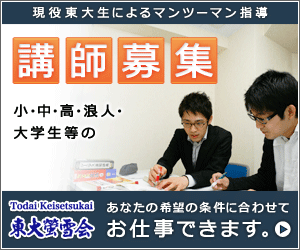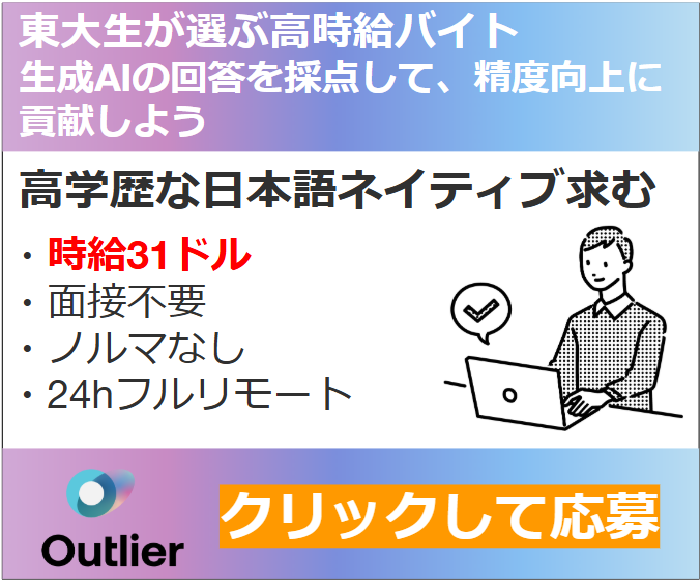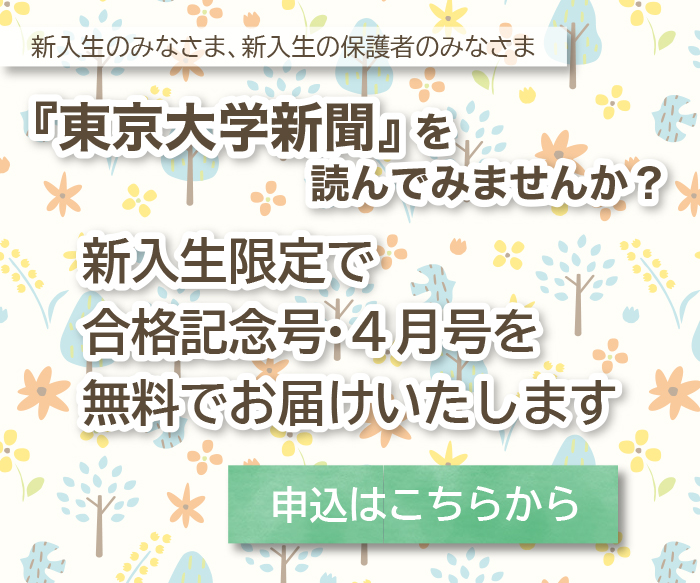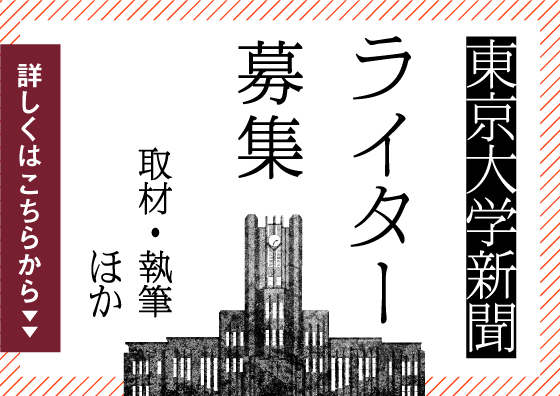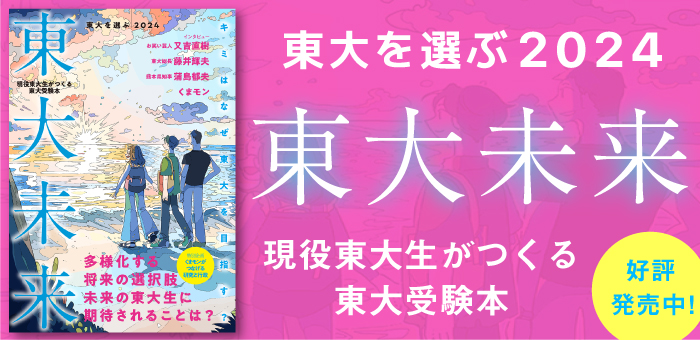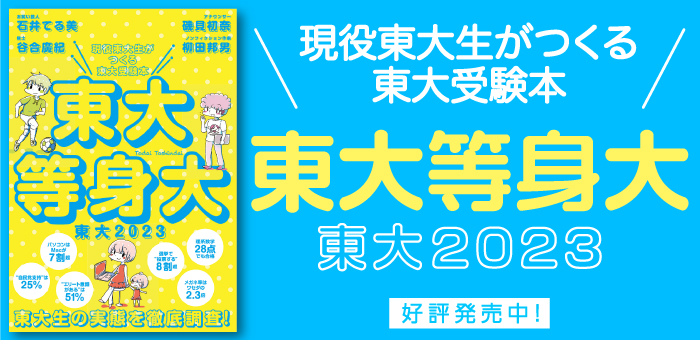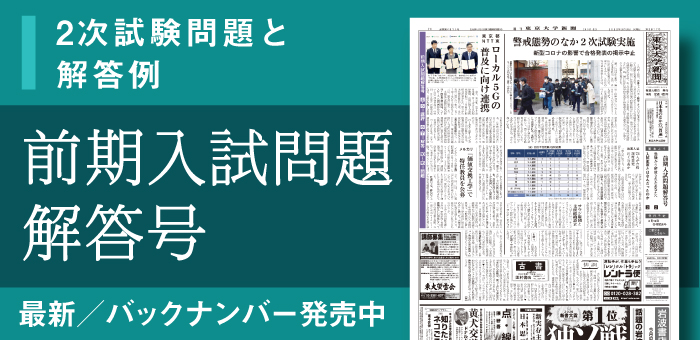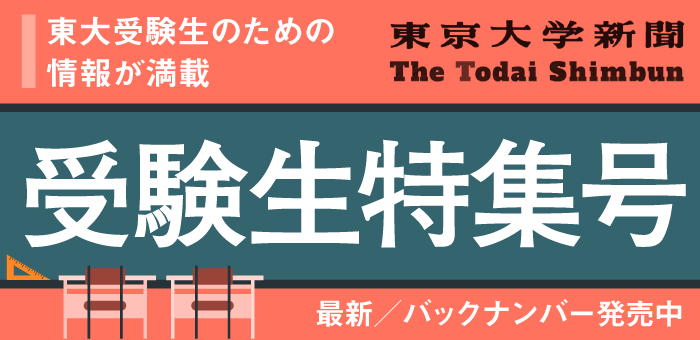The pandemic still does not seem to cease in Japan. Even with such a difficult situation, many students come to Japan to study from various countries. In this series, we interviewed three international students in the University of Tokyo, and asked them what they have experienced.
(click here to read part 1, here to read part 2)
Our third interview is with a Doctoral candidate from Sri Lanka. Dhanushka Jayathilake arrived in Tokyo in June 2021. He is a JICA sponsored student in Todai.
(Interviewed and written by Aayush Tewary and Motoki Yumiya)
━━Where are you from and what do you like about your home country?
I am from Sri Lanka. I like (takes a pause and laughs) almost everything because that’s our home country. Sri Lanka is famous for sunny sandy beaches, and natural beauty. It is one of the top 10 scenic attractions in the world. I also like the history and culture of Sri Lanka. Presently, the economic crisis has made life a bit difficult back in my country, but I am sure we will bounce back as a nation.
━━Which is the best place in Sri Lanka that you would recommend to our readers?
There are places you can go for whale watching, coral watching in the ocean, or in central Sri Lanka, you can enjoy scenic natural waterfalls. Lots of greenery everywhere during the Rainy season. One place I would recommend is Arugam Bay beach.
━━Moving on from Sri Lanka to Japan. Can you please explain your current field of study and research area?
I am pursuing research in the geotechnical engineering branch of Civil Engineering. In Sri Lanka, I am working for National Building Research Organization(NBRO). My subject area is landslide and earth slope protection. My research is on analyzing the effect of rainfall on reduction in slope stability.
━━Why did you decide to study abroad and why did you choose Japan and specifically Todai?
I am here as a part of the project between Japan and Sri Lanka called, SATREPS, Science and Technology Research Partnership for Sustainable Development. International Consortium on Landslide, Japan and my organization NBRO are working on projects. Few Ph.D. positions were opened for personnel from my organization. I applied through that program so Japan and Todai was the kind of choice that came to me.
━━How is Japan and Todai similar or different from how you imagined them to be?
This laboratory concept is very new to us. In Sri Lanka, we were more associated with a department than one laboratory. Due to this, here we get to interact with limited students and professors. Back in Sri Lanka, students from different grades could come to the lab and interact with each other.
Talking of Japan, I have been to more than 10 foreign locations and I think Japan is the best. Japanese people are very dedicated and focused on work, which has both positive and negative implications. I like the transport system here; it is so convenient.
━━Did you have any concerns before coming to Japan?
I was worried about learning in a world-renowned university. I was afraid that I would not be able to cope with the education system. After joining Todai, I was very well supported by my professor, administration, and friends and so it was not difficult to get initiated in the Todai system. I have been to Japan earlier twice and I knew that if I do not know the Japanese language my life would be difficult. So, I was worried about how to survive for long without Japanese language.
━━Can you give us some insights into what you like or dislike about Japan and Todai?
University system or social system?
━━Our readers are open to both?
(Laughs) The University system is mostly focused on self-study. In Sri Lanka, the master’s course is mostly focused on theoretical and teaching by professors. But here I observed that even in master’s course, the professors’ teaching is less, and students are left on their own to research and learn. This is good for making experts in a specific area. I cannot judge whether it is good or bad but in Sri Lanka, we were more oriented about developing project managers whose knowledge was not very confined to one core area.
Socially, Japan is different from Sri Lanka. There is no point in liking or disliking but everything is new for me here. Japan is more focused on wellbeing of its people which is backed up by strength of its economy and political stability. In Sri Lanka, we have certain social problems which the government has to cater to along with focusing on the economy. I like the social security system of Japan. The best view in Japan is that small kids travel all by themselves and it displays the security in Japanese society.
━━Is there anything you are struggling with after arriving in Japan?
My main struggle for the initial few days was finding suitable food to eat. We are used to different spices, and it was difficult to find those spices here. Later, now I have well adjusted. The other struggle is with the Japanese language. We receive a lot of letters from the city office, and they are all in Japanese. I take help from my Japanese friend who makes me understand the meaning of each letter and then I communicate back if required. Overall, I do not struggle anymore, and I enjoy my stay here a lot.
━━Do you have plans to stay back here in Japan after passing out?
I have responsibilities back in my country. Whatever I have learned from Todai, I would try to use it in my organization for the betterment of Sri Lankan people.
━━You said you would like to implement certain things you learned from Todai back in your organization. We believe that would be mostly technical. One thing that you would like to carry back from Japan as a member of the society?
I think I should take back the office manners and try to implement them in every domain of my life and especially in my office. The office manners like timely arrival in the office, working with dedication during office hours, and not divulging on social media during work are very impressive in Japan.
━━Can you describe for our readers your one typical day from morning to evening?
Usually, I get up at around 8 am. If I do not have any special target, I prepare and eat my breakfast after which I go to my laboratory. I work in my lab till 8 PM or on certain days I stay till 10 PM. On weekends I do the regular chores like cleaning and shopping.
━━Sounds like a perfect day for a Todai researcher.
Yes (Laughs). I have a lot of experiments to conduct so I need to work more in my lab.
━━Do you spend any time out of your research in any extracurricular activities?
Even if I like to, I cannot. In my dormitory I have friends, but I cannot hang out very often due to my research obligations.
━━Do you ever feel homesick, or do you miss your family?
Not always. I talk to them over phone every day.
━━Any place in Todai where you prefer to go to?
I like the Hongo campus and its environment. I think Hongo and Komaba-I give a feeling of university due to the presence of many students.
━━How do you find your balance when you feel overburdened by your studies or other expectations?
I worked for seven years after my graduation and then this sudden shift to academics did create certain pressure initially. I balance such situations with reasonable thinking and planning. I prepare some mind mapping and try to break the problem into certain achievable targets. It helps me to visualize the problem or my concern in a different way. It helps me make a better judgment and release my pressure.
━━Can you throw some more light for our readers about mind mapping?
How I start making my mind map is by identifying keywords. I write as many keywords related to my problem. Keywords help me break the problem into conceivable thoughts. Then I focus on each keyword and try to further break it into smaller problems. Further, using interconnected lines I try to link those problems and see the probable solutions. If I notice some gray areas for which I do not have any solution, I discuss it with my professor or friends. We can use mind map in our day to day lives for as small problem as controlling our expenditure or setting our future goals.
━━Any suggestion that you would like to give younger students for life or higher studies?
I like the Japanese upbringing system which makes an individual self-reliant and an independent thinker. At the same time, I think that the younger generation in Japan is moving away from family. We can see it from the low rate of birth. So, my suggestion is that the younger generation should have a family as it provides emotional support and is also good for Japan in long run.
━━Thank you, Dhanushka for your time and contribution to Todai Shimbun.
Thank you, it was a delight.

